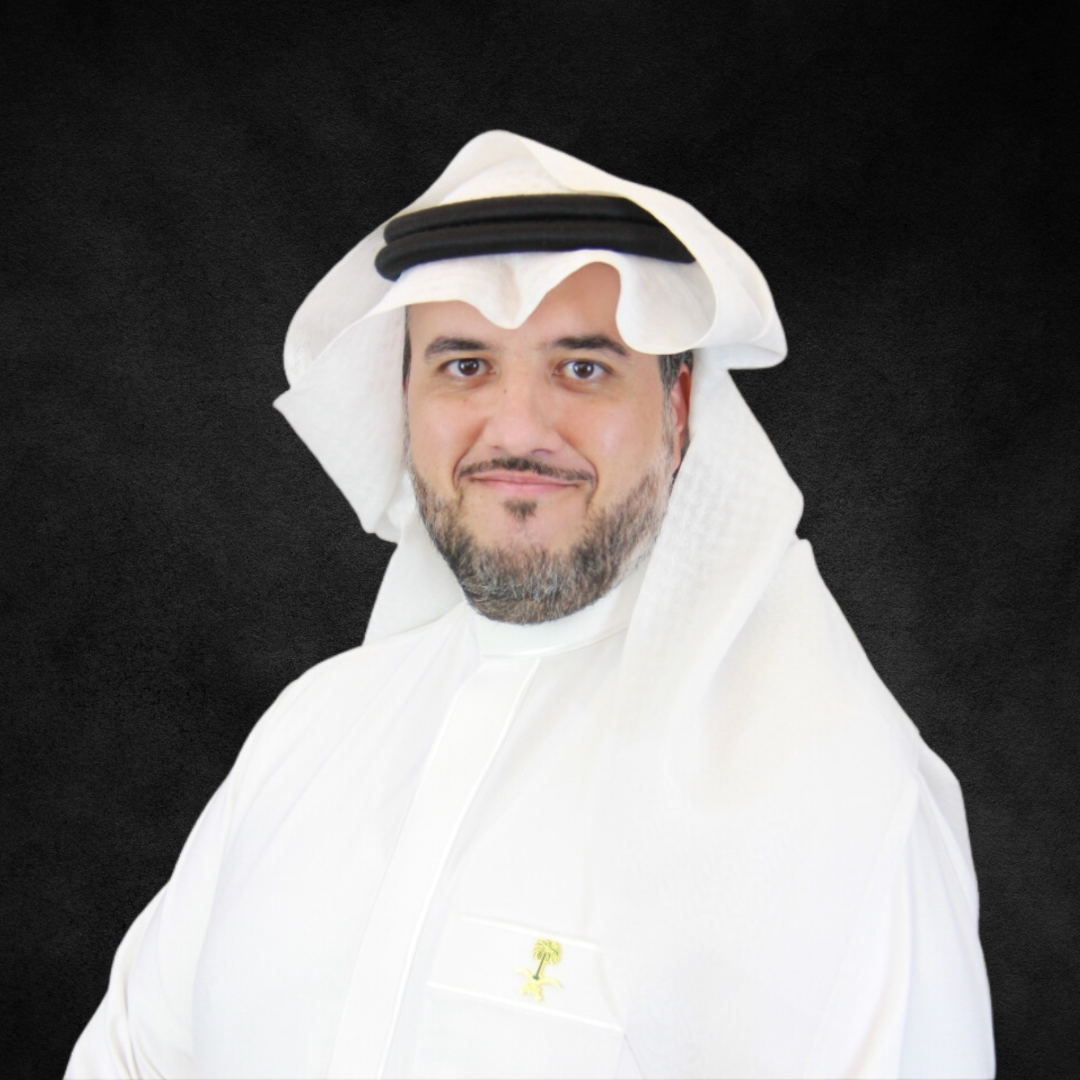Network Insights: Dr. Mohammed Al-Surf on Supporting Each Other for Collective Impact
GNFZ’s partners play a crucial role in empowering people and organizations to accelerate the realization of a zero emissions world, and in achieving our vision of lasting equitable and global living standards serving people and the planet. By engaging with the GNFZ network, our partners steward clients through the process of achieving and maintaining net zero certification.
Which is why we’re excited to share insights from an interview with Dr. Mohammed Al-Surf, Carbon Director at Tilad. Tilad is one of GNFZ’s partners, delivering best-in-class decarbonization solutions to their clients.
Monthly network insights are shared first with our email list. Subscribe today for exclusive access.
Dr. Mohammed Al-Surf, Carbon Director, Tilad
Please tell us about the work that Tilad does in sustainability and the role you play in it as a Carbon Director.
As Carbon Director, my role at Tilad entails overseeing and managing all aspects related to carbon emissions management, sustainability initiatives and environmental stewardship within the organization. Some additional key responsibilities include: providing leadership and strategy, client and stakeholder engagement, research and innovation…and regulatory compliance, which is less exciting, but absolutely critical to client success!
Please elaborate on Tilad’s commitment towards achieving net zero emissions for its business operations and for its network of partners and clients in the Kingdom of Saudi Arabia (KSA) and the MENA region.
At Tilad, we recognize the absolute urgency of the global climate crisis, so we are steadfast in our commitment to achieving net zero emissions not only for our own business operations but also for our vast network of partners and clients in KSA and the MENA region.
We have set ambitious targets to reduce our carbon footprint across our value chain. To meet these targets, we’ve implemented strategies such as minimizing energy consumption, optimizing waste management and reducing emissions from transportation and logistics.
Furthermore, Tilad places great emphasis on its network of partners and clients, recognizing the significant collective impact that can be achieved by supporting each other in our sustainability journeys. We support this network by developing tailored emission reduction strategies, conducting carbon footprint assessments and facilitating the adoption of renewable energy sources. We also support aligning our partners to global climate frameworks.
Another part of our strategy is to actively engage with governments, regulators, industry associations and other stakeholders to advocate for the transition to a net-zero emissions economy.
Tilad places great emphasis on its network of partners and clients, recognizing the significant collective impact that can be achieved by supporting each other in our sustainability journeys.
As a seasoned sustainability professional with a wide range of experience in green building rating standards, ESG and climate action – how have you seen awareness and commitments of individuals and companies grow over the years, especially in the Middle East?
Individuals and companies have become increasingly aware of of the environmental and social challenges faced by society due to climate change. The Middle East region has witnessed a surge in the adoption of green building rating standards as both individuals and companies recognize the benefits of constructing and operating sustainable buildings. We have also seen greater traction in corporate ESG commitments as there is a growing understanding of the value that ESG integration brings in terms of risk management, reputation enhancement and stakeholder engagement. Along with ESG commitments, we have seen government climate action initiatives such as the UAE’s goal of becoming carbon neutral by 2060. These agreements have played a crucial role in fostering sustainability by implementing supportive policies, regulations and incentives.
Achieving net zero in the building sector is critical worldwide. Why is it uniquely necessary in countries like Saudi Arabia?
Achieving net-zero in the building sector is indeed a critical need of the hour, particularly in countries like Saudi Arabia that are major producers of oil. We know that the building sector is a significant contributor to greenhouse gas emissions and that achieving net zero in the building sector plays a crucial role in combating climate change and reducing overall carbon footprint.
Countries that are heavily reliant on oil production must also recognize the importance of diversifying their economies and reducing dependence on fossil fuels. Transitioning the building sector to net-zero energy operation is a key step in this process, and it also provides significant economic opportunities by fostering green job creation, stimulating innovation in renewable energy and energy-efficient technologies and developing local expertise in sustainable construction practices.
This is a region that understands the value of future-proofed, resilient assets. Building to net-zero standards enhances resilience against the impacts of climate change by improving energy efficiency, reducing vulnerabilities to rising energy costs, and ensuring buildings can adapt to and withstand urgent and drastic changing climate conditions.
This is a region that understands the value of future-proofed, resilient assets. Building to net-zero standards enhances resilience against the impacts of climate change.
The KSA has pledged net zero carbon emissions by 2060. Do you see enough action being taken by the government and businesses in the region toward achieving that goal? If not, where do you see the gap and how can that be fulfilled?
In short, yes, but there is still significant work to do. The KSA’s pledge of achieving net-zero carbon emissions by 2060 is a significant commitment toward addressing climate change, and while the government and businesses have begun taking actions to achieve this goal, there is still a gap that needs to be addressed to ensure its fulfillment. Some key factors contributing to the gap and potential areas for improvement include transitioning and diversifying from fossil fuels, enhancing energy efficiency across sectors, encouraging private sector investments, smart growth related to urban planning and population centers, public awareness, education and public-private partnerships. Engaging citizens, businesses, and civil society in the shared responsibility of achieving the net-zero goal will be crucial for its long-term success.
As GNFZ’s first partner in the KSA, how do you see Tilad and GNFZ’s partnership adding value to the nation’s net zero goal and the MENA region as a whole?
As the first partner in the KSA, we believe GNFZ can help us to accelerate a regional net-zero agenda by aligning to a global network that is focused on achieving meaningful carbon neutrality. This is done through knowledge sharing and collaboration, leveraging each other’s expertise and supporting each other in our shared mission. This also includes working together to identify meaningful policies and actions to align with. We also have the opportunity to collaborate on technological innovations that will allow us to deploy cutting-edge sustainability solutions for the unique needs of our clients in the region.
Tilad’s deep expertise in sustainability solutions and what is needed to accelerate the transition to a net-zero carbon economy as well as critically important regional perspective, familiarity, and context, will enhance GNFZ’s net zero certification process. We hope to leverage our local networks and resources — including with government entities, educational institutions and industry associations — for the greater good of the GNFZ network of partners as well as provide best in class implementation support.
With COP28 in Dubai around the corner, please tell us about Tilad’s participation.
Participating in COP28, a prestigious platform where world leaders and participants gather to address climate change, presents an excellent opportunity for Tilad to advocate for the sustainability agenda and contribute to the global dialogue on climate action.
Specifically, Tilad's plans to demonstrating our commitment to sustainability by highlighting our own initiatives, achievements, and best practices in areas such as carbon reduction, renewable energy adoption, and sustainable development projects.
We will also be promoting collaboration and partnership, advocating for policy advancements, and sharing knowledge with other thought leaders and implementers.


